Sustainable Supply Chain Management and Mobility

"Today's world is globally networked which results in constant streams of labour forces, materials, knowledge and finances around the globe. We are working on a global and local level to make these streams sustainable and to make cities, regions and the earth as a whole more livable. In doing so, we take a socio-technical perspective."
Prof. Dr. Maike Scherrer,
Head of Sustainable Supply Chain Management and Mobility
Thematic and methodical focal points

The research group Sustainable Supply Chain Management and Mobility deals with global and local issues in the area of flows of people and goods. The focus is on sustainable supply chain configuration and coordination, but also on sustainable transport systems for goods and people, taking a global and local perspective. The findings of mobility research are incorporated into the overarching theme of sustainable supply chain management. Specifically, we focus on the following:
- In the global context, we conduct the dialogue between local proximity and global efficiency against the background of the most sustainable solution
- We use digitisation to make passenger and freight transport more sustainable and contribute to decarbonisation with our research results
- We support mobility change on an individual level by breaking through user routines and making intelligent use of existing infrastructure by private, public and commercial enterprises
- We do all this to create livable cities and regions and a more sustainable world
- Here we always combine scientific approaches with practical relevance
A high-quality future requires sustainability-oriented planning. The criterion for sustainability is the preservation of the basis of life in a comprehensive sense. In addition to natural resources, this includes the economic and social levels.
With this objective in mind, our research in the areas of sustainable supply chain management and sustainable mobility is working on solutions that maintain the quality of life, strengthen economic competitiveness and minimize the burden on people, the environment and the climate.
Sustainable Supply Chain Management
How should the supply chain be designed so that it is sustainable without negatively affecting the economic objectives of a company? In the research area Sustainable Supply Chain Management, the Institute for Sustainable Development (INE) investigates global supply chain design and management options and integrates opportunities from megatrends such as digitization into the solutions.
The requirement to have a global presence and be able to deliver in the shortest possible time forces companies on every continent to operate their own or partner locations. In theory, today's technologies make it possible to have a global presence without having to provide long transport routes or large production infrastructures locally. These opportunities need to be further explored and integrated into global supply chains in such a way that economic, ecological and social sustainability can be positively influenced.
The world has changed not only for companies, but also for consumers. E-commerce plays a major role in people's consumer behavior, but places a significant burden on local infrastructure. Courier, express and parcel services account for 1/3 of all traffic and are responsible for almost 80% of traffic jams in cities. The share of e-commerce is steadily increasing. New, innovative city logistics solutions must be developed to reduce the pollution in cities caused by e-commerce and to make cities more liveable again.
Key aspects
Adaptation towards more sustainability of a supply chain that includes the entire chain from raw materials to the disposal of the finished product and coordinates all actors in the whole chain and the logistics responsible for the transport of physical goods become indispensable in view of the climatic and social challenges. New technologies, digitalisation and changing consumer behaviour offer opportunities that should be considered in supply chain research. Among other things, we deal with the following topics:
- Decision models for supply chain design with regard to trade-offs in terms of sustainability
- Integration of new technologies such as additive manufacturing into global supply chain networks
- Changes in supply chain design and control through digitization
- Change from a product to a service dominant logic and adaptation of business models influenced by digitalization
- Design of emission-free supply chains
- Development of new solutions for logistics, especially with regard to e-commerce and fast delivery of temperature-controlled goods
- Inclusion of digitalisation in the development of sustainable city logistics solutions
- Reduction of infrastructure development through control mechanisms and substitutions
- City logistics solutions for cities worth living in
Sustainable Mobility
How can transport systems be designed to move people and freight to their destination in a manner that is both ecologically and economically sustainable? In the focus research area of transport systems, the Institute for Sustainable Development assesses the mobility of people and goods and develops sustainable solutions.
Transport systems connect places, make people mobile and enable the movement of freight. Regions with differing qualities of location can complement one another and, in the best-case scenario, the mobility of people and freight guarantees a functional society and economy. In order to achieve this, a transport system must constantly evolve. The growth of populations, economies and incomes contributes to increased traffic volumes. Global networking and the further development of transport technology are also speeding up the process. The growing demand for mobility introduces new challenges for political and business leaders. With increasing distances, frequencies and speeds in traffic, the burden of traffic volume, noise and emissions also expands.
Key aspects
Adapting transport systems for people and freight is one of the greatest challenges facing us in both the present and the future. New technologies and traffic schemes offer potential solutions to ensure sustainable mobility for people and develop a more integral design for freight logistics. In developing these solutions, it is essential to anticipate future developments and identify suitable strategies for technology development as well as for transport policy and planning. In doing this, we focus on the following aspects:
- System analysis mobility
- User perspective, mobility decisions and mobility behaviour
- Foresight on system development and sustainability
- Definition of future requirements for mobility systems and technologies
- Assessment of technologies in terms of their potential
- Support of decisions in economy, politics and planning regarding sustainability
- Development of strategies, roadmaps and mobility concepts
News
-
LKWs können in Zukunft als kleine Kraftwerke genutzt werden
In einem vom Bundesamt für Energie geförderten Forschungsprojekt wird gemeinsam mit DPD und sun2wheel untersucht, welches Potential es hätte, wenn die Batterien der grossen Lastwagen, welche in der ...
-
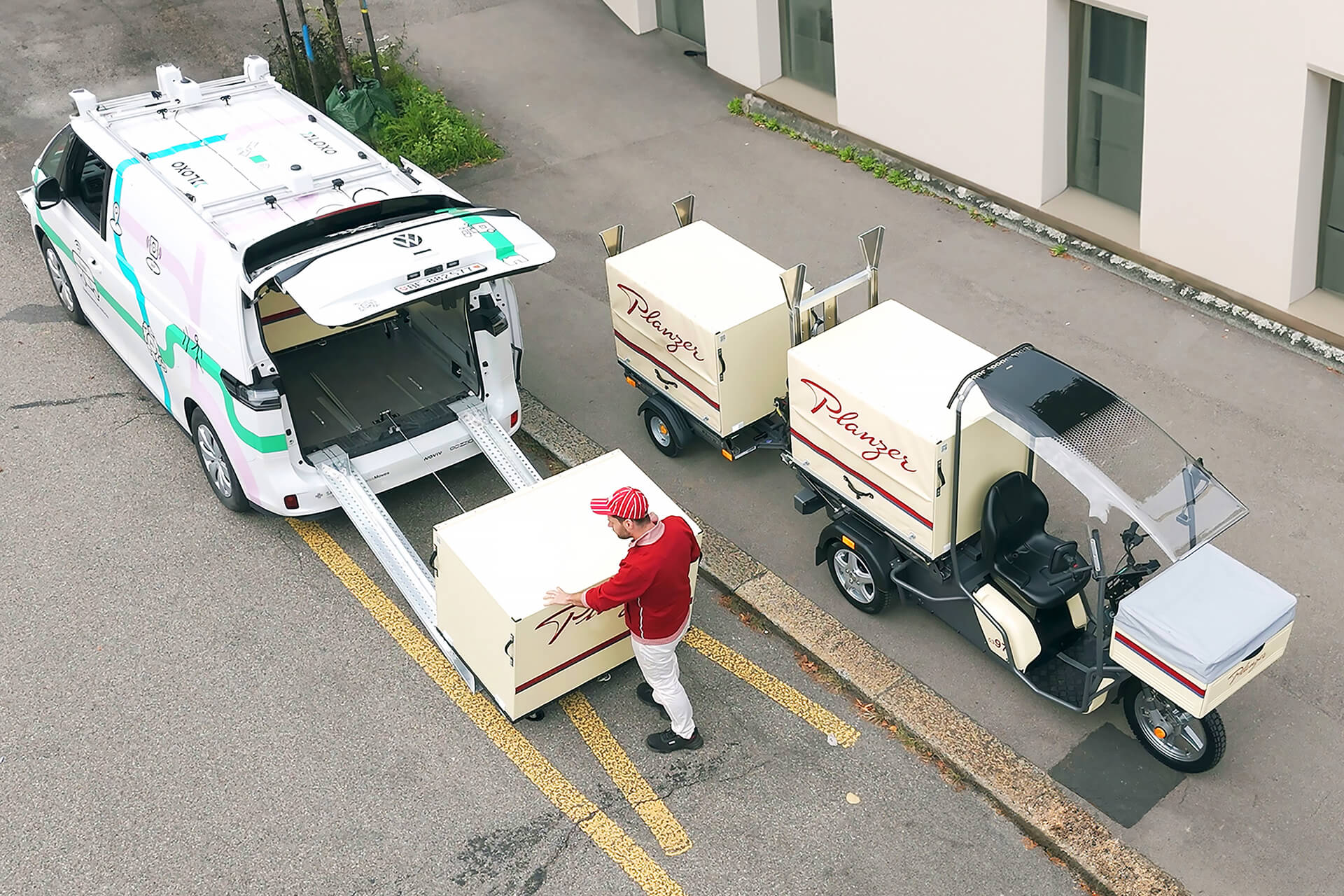
Planzer und Loxo geben den Takt im autonomen Gütertransporten vor
Am 19. September 2024 haben Planzer und Loxo ihr neues Konzept zum autonomen Gütertransport vorgestellt und gleich die Jungfernfahrt mit dem neuen Fahrzeug gemacht. Das Interesse an dieser Einführung ...
-
Nachhaltigkeit vs. Wirtschaftlichkeit bei KMU
Im Septmeber 2024 fand im Rahmen des KMU-Dates eine Diskussion zum Thema “Nachhaltigkeit vs. Wirtschaftlichkeit” bei der Wegmüller AG, dem grössten und ältesten Karton- und Holzverpackungshersteller ...
-

Innosuisse Flagship Projekt “Circulus” lanciert
Auch wenn bekannt ist, dass eine Möglichkeit, um die globalen Nachhaltigkeitsziele zu erreichen, eine kreislauffähige Wirtschaft ist, tun sich viele Unternehmen heute noch schwer, dies umzusetzen. ...
-
Künstliche Intelligenz unterstützt die Logistik in unterschiedlichen Bereichen
Die künstliche Intelligenz wird als Unterstützung in unterschiedlichen Bereichen eingesetzt. So auch in der Logistik. Der Digital Podcast von SRF hat dieses Thema aufgegriffen und die Expertise ...
-
CargoBikes – Was sie bringen und wo sie anstehen
CargoBikes erfreuen sich zunehmender Beliebtheit im urbanen Raum. Sie können auf Wegen fahren, die für Transporter nicht zugänglich sind, verursachen keine Emissionen und bringen die Ware schnell zu ...
-
Flagship Project Smart Urban Multihub
Die urbanen Räume sind stark vom Güterverkehr belastet. Über die letzten Jahre wurden sämtliche Logistikflächen aus dem Stadtzentrum verbannt, um Wohn- und Büroraum zu schaffen. Dies hat allerdings ...
-

Gamification im Unterreicht – Das INE setzt auf innovative und interaktive Lehrmethoden durch Planspieleinsatz
In den letzten Jahren haben sich logistische Aktivitäten zunehmend aus der Innenstadt an den Stadtrand und noch weiter hinaus verlagert, was auch als Logistics Sprawl bezeichnet wird. Gleichzeitig ...
-
Wie nachhaltig ist Online-Shopping?
Der Onlinehandel ist während der Pandemie stark gewachsen: Immer mehr Menschen lassen sich Kleidung, Elektronik oder auch Lebensmittel liefern. Bis Waren bei uns ankommen, haben sie oft einen langen ...
-
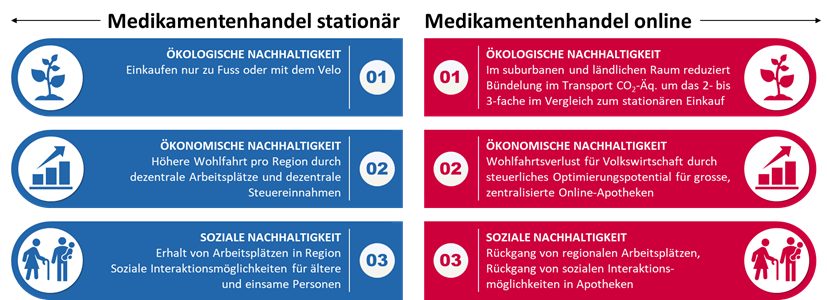
Die soziale und ökonomische Dimension von stationärem vs. Online-Handel
E-Commerce hat in den letzten Jahren immer mehr an Bedeutung gewonnen. In der Schweiz ist der Anteil der Online-Bestellungen am gesamten Einzelhandelsvolumen zwischen 2008 und 2020 von 3,5 % auf 11,8 ...
-
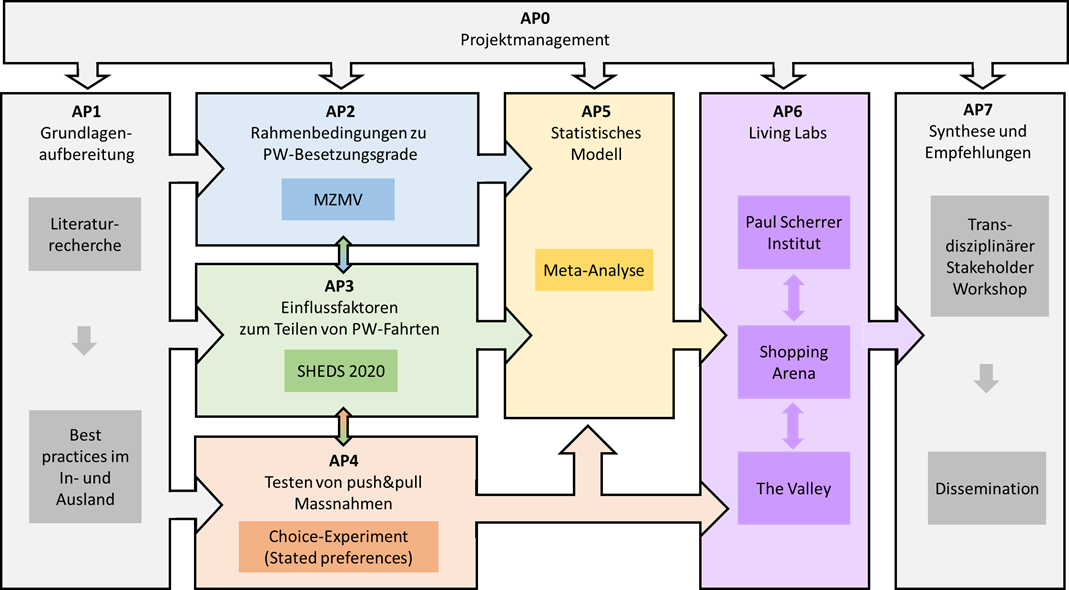
PW-Besetzungsgrade: Einflussfaktoren und Strategien
In der Mobilität ist der privat genutzte Personenwagen (PW) der grösste Treiber für negative externe Effekte wie CO2-Emissionen, Lärm, Unfälle und Staus. Für ein zukunftsfähiges Verkehrssystem ist es ...
-
Auf dem Weg zu energieautonomen temperaturgesteuerten Supply Chains
60% der weltweit konsumierten Lebensmittel benötigen mindestens an einem Punkt in der Kette eine Kühlung. Die zur Kühlung von Lebensmitteln erforderliche Energie macht weltweit 8% des elektrischen ...
-
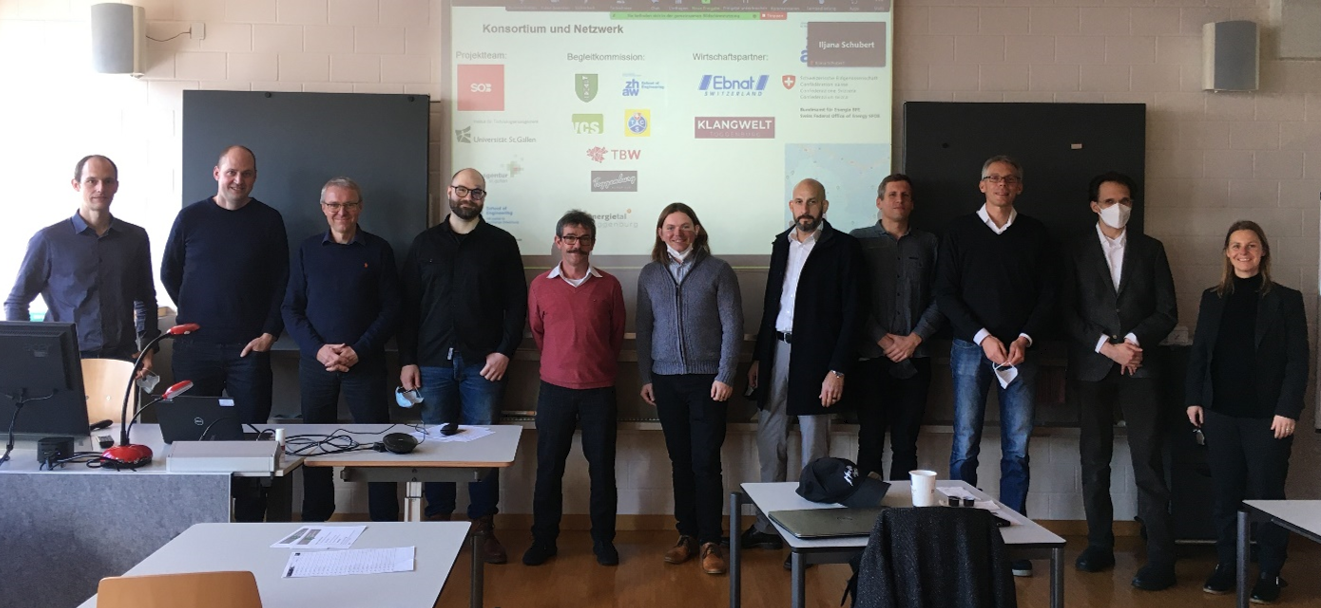
Im Einsatz für nachhaltige Mobilität im ländlichen Raum: SUSMOBTOGG – Sustainable Multimodal Mobility in Toggenburg
Michael Stiebe, Iljana Schubert, Andrea Del Duce Die Verkehrswende in Richtung eines nachhaltigeren und gerechteren Mobilitätssystems hat sich als zentrales Thema in Politik und Gesellschaft ...
-
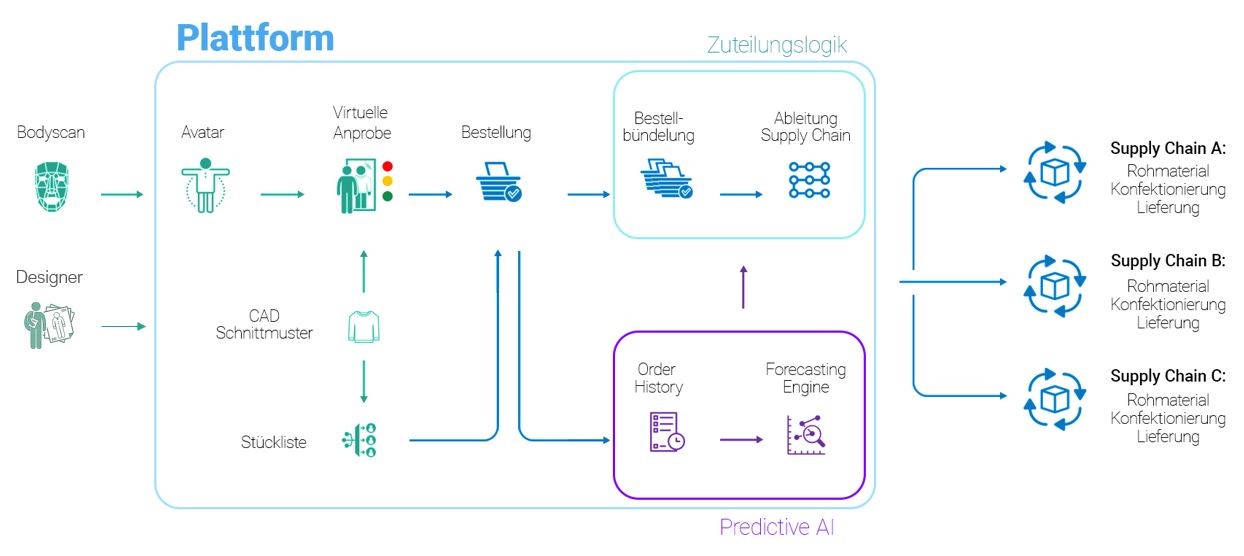
Die Zukunft der Bekleidungsindustrie: Mehr Nachhaltigkeit durch Digitalisierung?
Die Modeindustrie zeichnet sich grösstenteils durch eine Massenproduktion von homogenen und standardisiertenModeartikeln aus. Um auf schnell ändernde Trends reagieren zu können, werden neue Produkte ...
-
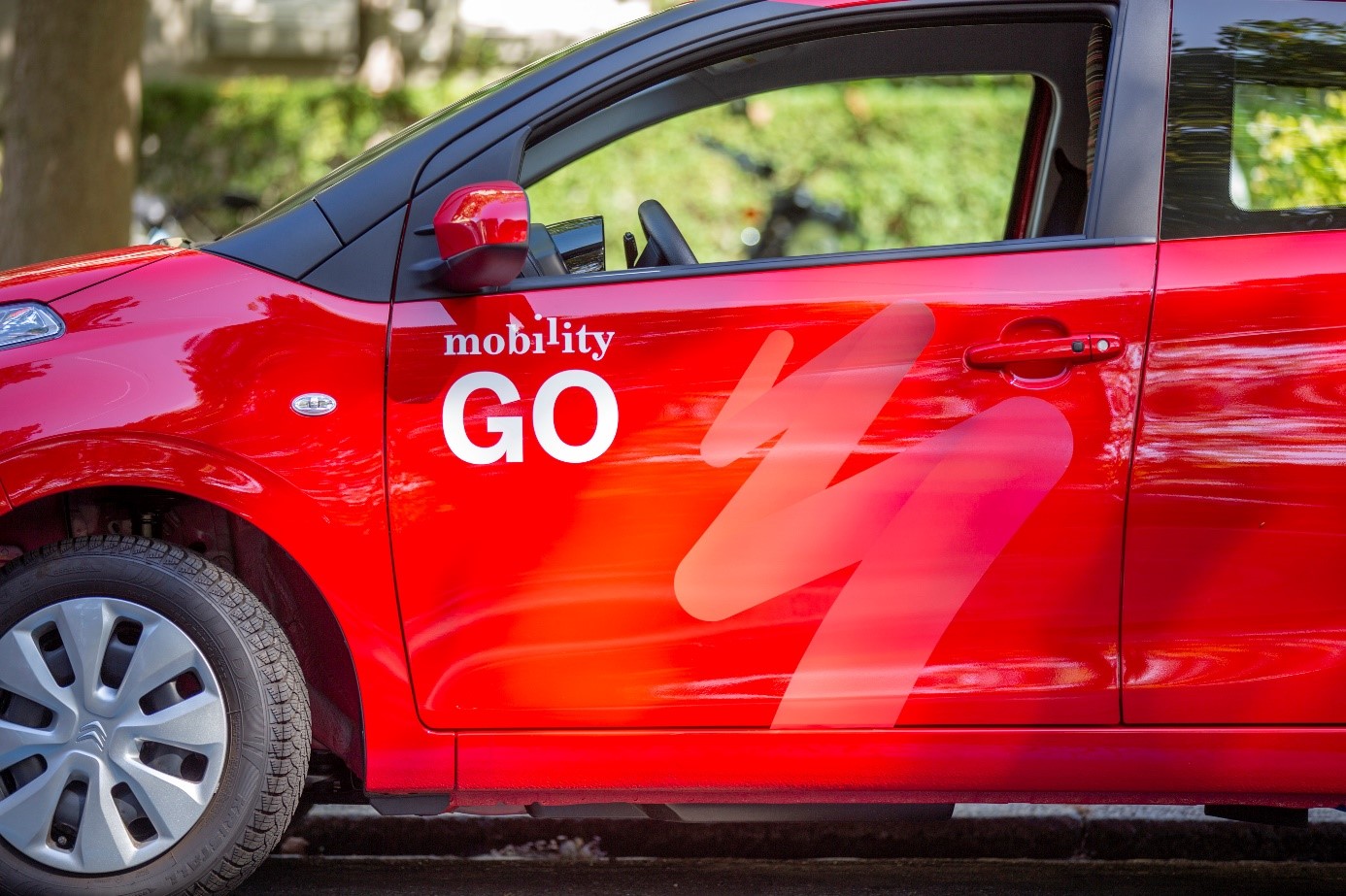
What works and what doesn’t: How to motivate people to walk the extra mile for better distributed free-floating carsharing cars?
Iljana Schubert, Michael Stiebe and Uros Tomic Quelle: https://www.mobility.ch/de/medien/bildarchiv Over the last years, we have witnessed a rapid growth in the number of free-floating ...
-
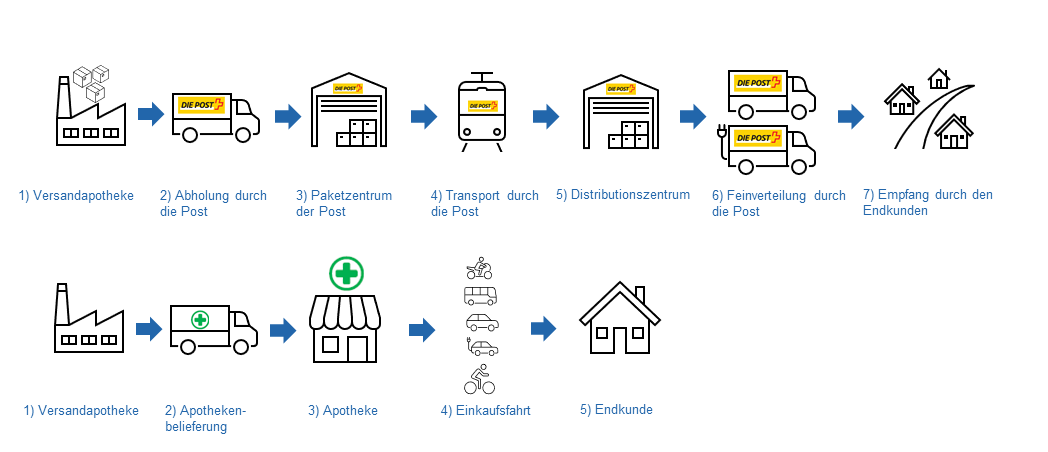
Brick vs. Click – Analyse zur Abschätzung der Umweltbelastung des Einkaufs von Medikamenten im Versandhandel und im stationären Handel
Online-Shopping ist in den letzten Jahren zunehmend beliebter geworden. Auf globaler Ebene machte E-Commerce im Jahr 2020 19% des weltweiten Einzelhandelsvolumens aus und es wird erwartet, dass der ...
-

Costs of multimodal alternatives compared to the private fossil fuel car
The future of private car mobility might be predominantly electric and powered by batteries. However, the environmental impacts of electric vehicles increase significantly with larger battery sizes. ...
-

Parcel lockers to decouple customers from suppliers
In 2019, 84.4% of the Swiss population lived in urban regions. The urbanisation trend still increases. Due to this and the fact that online shopping has gained popularity, the traffic load on a city’s ...
-
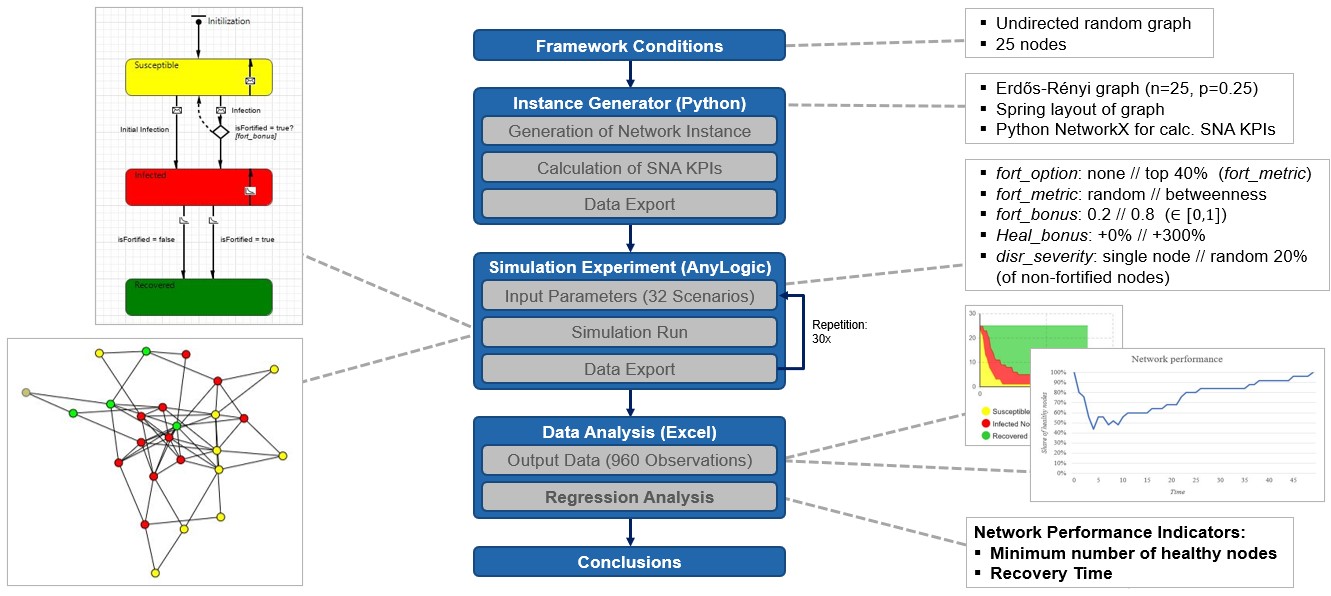
A quantitative social network analysis approach to mitigate the ripple effect in supply chain networks
Supply chain network disruptions have become an increasingly relevant topic in literature and industry. Just recently the COVID-19 pandemic demonstrated the need for greater resilience in global ...
-

Carsharing and the interrelation with electric vehicles
We adopted a stated choice survey with 995 participants from Switzerland to test the car purchase preference of mobility users with and without carsharing experience. Results suggest that – for people ...
